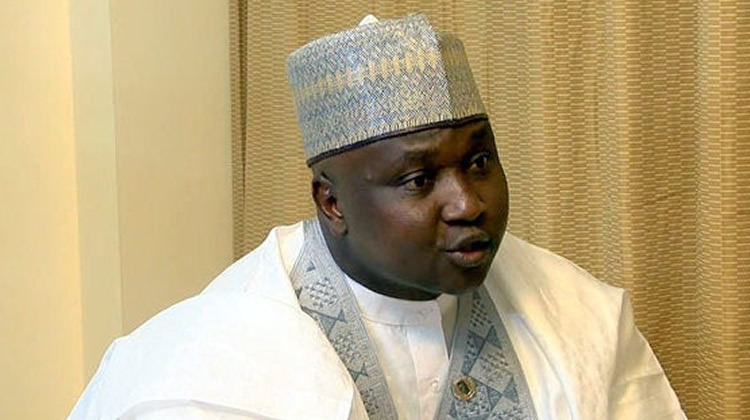House of Representatives member Alhassan Doguwa has responded vigorously to former Kano State Governor Rabiu Kwankwaso’s recent criticisms of the All Progressives Congress (APC) government. Doguwa dismissed Kwankwaso’s claims that Nigerians would reject the APC by 2027, labeling these remarks as mere “hallucination.” Kwankwaso had voiced his concerns in Kano while welcoming defectors from the APC to the New Nigeria People’s Party (NNPP). He contended that there was growing discontent among Nigerians, particularly those in the North, and insisted that this dissatisfaction would inevitably lead to a change in political leadership come the next elections.
In defense of the current administration, Doguwa, who also chairs the Northern Regional Caucus of the 10th House of Representatives, argued that Kwankwaso was still grappling with the aftermath of his presidential defeat to President Bola Tinubu in 2023. He expressed confidence in the efforts of the APC-led government to improve Nigeria, suggesting that Kwankwaso ought to “prepare for political retirement” instead of making unfounded assertions. Doguwa characterized Kwankwaso’s remarks as exaggerated, stating that the president is making significant strides in steering the country towards progress and prosperity.
Doguwa reiterated the accomplishments of the APC government, particularly under the leadership of President Tinubu. He highlighted several noteworthy achievements, including the attraction of over $30 billion in foreign direct investments, which he cited as a testament to the administration’s successful economic policies. Furthermore, he mentioned efforts to reduce the country’s debt service ratio and the ongoing fight against insecurity, especially in the North West region, asserting that these initiatives reflect the government’s commitment to the welfare of all Nigerians.
Despite the political tumult that defined the transition of power in Nigeria, Doguwa emphasized the positive changes occurring under the Tinubu administration. He pointed out that their concerted efforts to combat banditry in the North West have begun to yield results, with citizens returning to their agricultural endeavors as security improves. This sentiment of revival and increased safety in the region was underscored by Doguwa, indicating a shift away from previous days of violence and instability that hampered economic activities.
While addressing the NNPP, Doguwa critiqued the party’s performance in Kano, asserting that it has not lived up to expectations. He expressed strong belief that the APC is poised to reclaim the state in the upcoming elections. This sentiment reflects a broader strategy by the APC to reinforce its foothold in states where it may have faced challenges historically, positioning itself as a viable force in the face of political opposition from parties like the NNPP.
In conclusion, the exchange between Doguwa and Kwankwaso encapsulates the ongoing political rivalry in Nigeria, particularly in the North. As both leaders attempt to rally support ahead of the 2027 elections, their contrasting perspectives on governance and the electorate’s sentiments reflect deeper issues within the country’s political landscape. Doguwa’s rebuttal not only seeks to project confidence in the APC’s track record but also aims to undermine Kwankwaso’s credibility as a post-presidential candidate, framing the broader narrative around the future of governance in Nigeria.


